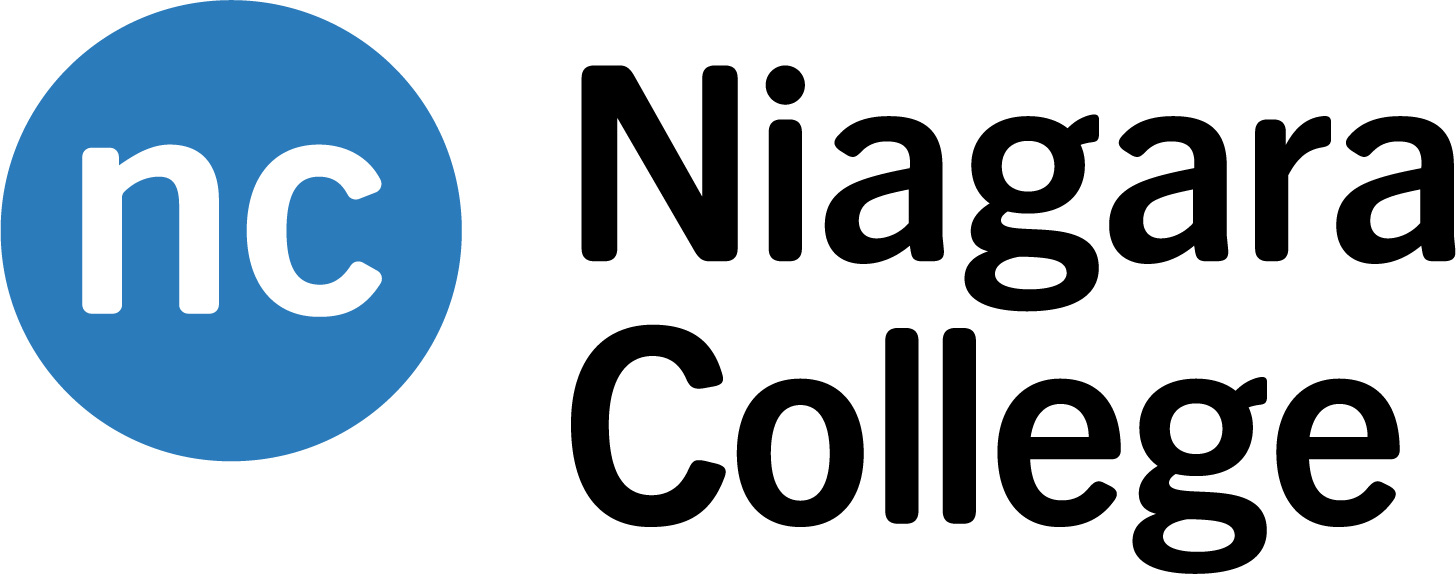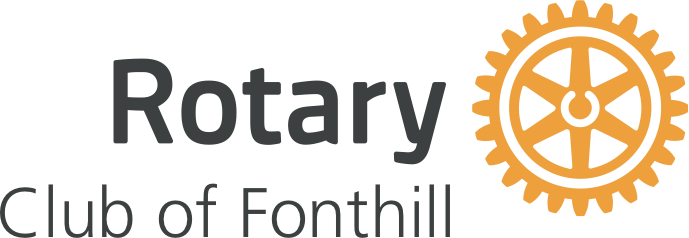It’s a common dilemma for many Canadians – should you pay down your mortgage or contribute to a Registered Retirement Savings Plan (RRSP) instead?
What works for one person may not work for another. It all depends on your particular circumstances and factors related to current economic conditions.
To help you determine what might be right for you, here are 7 things to consider to help you make that decision.
Your income
If you have a high level of income, and a correspondingly high marginal tax rate, contributing to an RRSP may be more advantageous. RRSP contributions are deductible from income, so the increased tax savings could outweigh the benefit of mortgage repayment. Conversely, if your income is lower, the RRSP contribution will be less valuable in terms of immediate tax savings, so mortgage repayment may be more advantageous in this case.
Interest rates
If you have a high mortgage interest rate, you might save more by paying down your mortgage rather than investing in your RRSP. Mortgage pre-payments typically go straight toward the principal and reduce the balance owing. You also know exactly how much you’re saving if you have a fixed-rate mortgage. With variable rate mortgages, the savings will vary. Prepayments also mean that when it’s time to renew at higher rates, you’ll have a lower outstanding mortgage amount.
Investment returns
An RRSP boosts returns by allowing your investments to grow within a tax-deferred account. Further, you get a tax deduction for contributing, which could be re-invested to further boost returns. Your actual investment returns, however, depend on your investments within the RRSP. If you believe that the potential returns you’ll gain in your RRSP will outweigh the mortgage interest savings, RRSP contributions may be the better choice for you.
Other debt
If you have high-interest debt such as credit card balances, it usually makes sense to prioritize repayment of those debts before making additional payments on your mortgage or additional contributions to your RRSP. Interest rates on credit cards tend to be very high, and saving the interest on high-interest debt will help you direct more toward other goals.
Other retirement income
If you have a workplace pension or other sources of income that will help provide you with a stream of income in retirement, it may make more sense to pay down your mortgage. Then, after the mortgage is paid off, you can concentrate on topping up retirement savings in your RRSP.
Remember that the RRSP or mortgage decision does not have to be “either-or” type decision. That is, it can be an “and” decision rather than an “or” decision. The best scenario for many people is contributing to an RRSP as well as paying down the mortgage. For example, you could make your RRSP contribution each year, and then use the tax refund generated by your RRSP contribution to pay down a portion of the mortgage principal.
The RRSP or mortgage decision is highly personal and depends on your individual debt elimination and retirement savings goals. Consult with your financial advisor to help you weigh your options and choose a course of action that makes the most sense for your unique situation.
This article was written by Edward Jones for use by your local Edward Jones Financial Advisor, Nicolle Lalonde.
 Back to myNiagaraOnline
Back to myNiagaraOnline
































